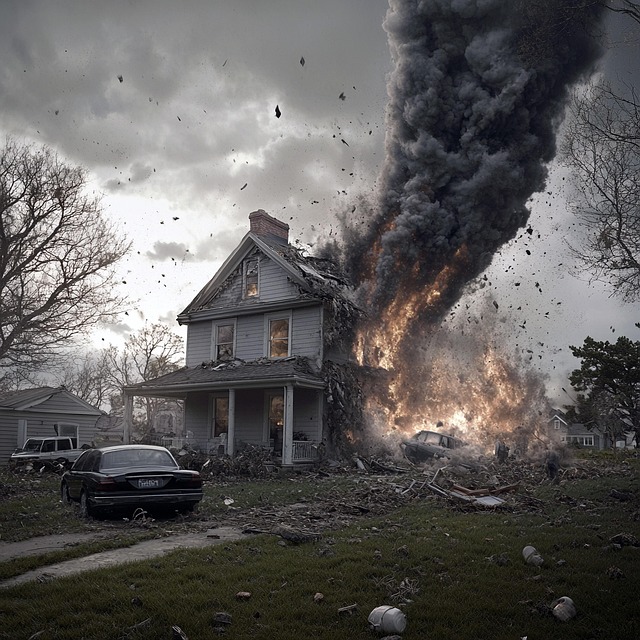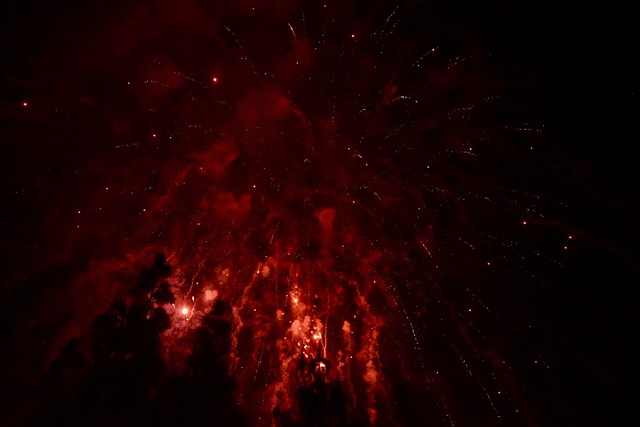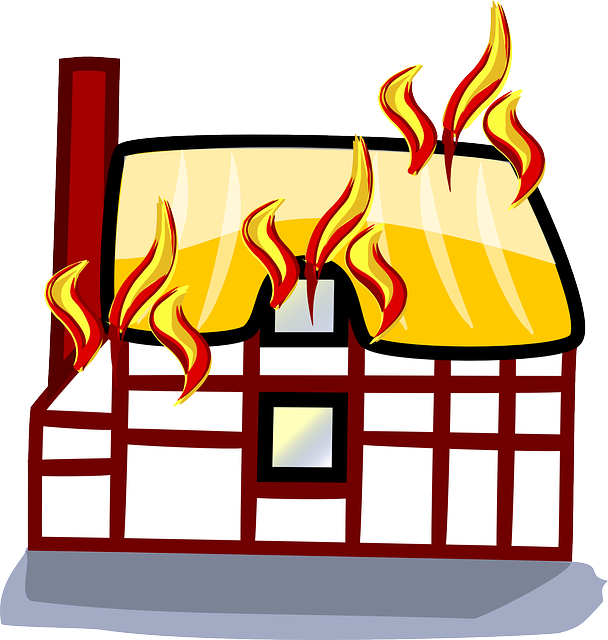In California, selling a home "as is" due to fire damage comes with strict disclosure requirements to protect buyers and sellers from legal issues (per Civil Code Section 1109). Sellers must disclose known material defects like structural problems, environmental hazards, and previous fires, while buyers have access to public records and can ask specific questions about the property's history. Consulting a real estate professional or legal expert ensures compliance with these regulations.
Navigating real estate disclosure laws, especially after fire damage, is crucial when selling your home “as is” in California. This guide breaks down the legal considerations unique to this situation. Understanding these regulations is essential for both sellers looking to streamline the process and buyers ensuring transparency. We’ll explore how to disclose fire damage effectively, what documentation is needed, and best practices to make the sale smooth and legal. Remember that, in the world of California real estate, knowledge is power.
- Understanding Real Estate Disclosure Laws in California
- Selling Your House As Is After Fire Damage: Legal Considerations
Understanding Real Estate Disclosure Laws in California

In California, real estate disclosure laws are stringent, designed to protect buyers and ensure transparency in property transactions. When considering selling your house as-is due to fire damage, understanding these regulations is paramount. Sellers must disclose any known material defects or hazards on the property, including those related to structural integrity, environmental concerns, and previous damage from disasters like fires. Failure to do so can result in legal repercussions and financial liabilities.
For instance, California Civil Code Section 1109 requires sellers to reveal any knowledge of faulty conditions that could negatively impact a buyer’s health or safety. This includes information about fire damage, asbestos presence, lead-based paint, or mold growth, especially if these issues have been documented through inspections or repairs. Buyers in California are also entitled to access public records and ask specific questions regarding the property’s history, further emphasizing the need for honest disclosure.
Selling Your House As Is After Fire Damage: Legal Considerations

When selling a home that has experienced fire damage in California, it’s crucial to understand disclosure laws and their implications. Many homeowners consider selling their property “as is” after a fire, but this decision carries legal weight. In California, sellers are generally required to disclose known material defects to potential buyers, including those related to structural issues or previous damage like fire harm. Failure to do so could lead to future legal disputes and financial liabilities for the seller.
The “as is” sale approach may be attractive due to its simplicity and speed, but it’s essential to disclose any significant damage that could impact a buyer’s decision. This includes providing transparency about the extent of the fire damage, any restoration efforts made (or not), and potential residual risks. Consulting with a real estate professional or legal expert is advisable to ensure compliance with California’s disclosure laws and protect both the seller and buyer during the transaction.
When facing fire damage, selling your house “as is” in California involves understanding and adhering to strict real estate disclosure laws. While it may seem daunting, being transparent with potential buyers is key to a smooth transaction. By disclosing the fire damage and its impact, you mitigate legal risks and ensure both parties are on the same page. Remember, open communication and accurate documentation are essential when selling a property in California after fire damage. For those considering “selling my house as is fire damage California,” understanding these laws can make the process more manageable and ultimately lead to a successful outcome.






